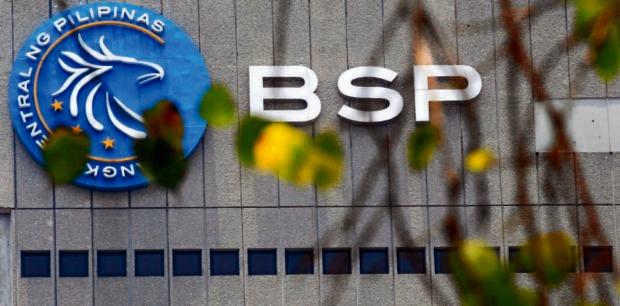MANILA, Philippines—The central bank will now announce its interest rate decisions—made by the Monetary Board every six weeks—while local financial markets are open instead of the previous practice of waiting for trading hours to end.
In a statement, the Bangko Sentral ng Pilipinas (BSP) said that starting with the Nov. 18 meeting of the Monetary Board, the announcement of the decision of its seven-person policy making body will be made at 3 p.m. Philippine Standard Time, one hour earlier than the old schedule.
“The new schedule aligns the BSP’s practices with other central banks, which typically announce their monetary policy decisions during market trading hours,” the BSP said.
The BSP’s interest rate decisions are made during a press briefing by the governor which is broadcast to reporters and the public via the agency’s official Facebook and Youtube channels.
The BSP’s main monetary policy tool is its overnight borrowing rate, known officially as the reverse repurchase rate, which is the annualized yield it pays to banks that lodge their excess cash with the regulator over the short term.
This rate is followed closely by financial markets which use it as a reference for pricing their own loans among banks, and their corporate or consumer clients.
Announcing decisions on monetary policy decisions within trading hours — whether it would raise, lower or maintain its key interest rate — will allow financial markets to make immediate investment decisions based on the central bank’s latest move.
At present, the central bank’s overnight borrowing rate stands at a historic low of 2 percent after a series of cuts implemented at the start of the coronavirus pandemic. Along with a slew of other monetary policy relaxation moves, the regulator has released over P2 trillion in liquidity into the domestic financial system in an effort to encourage greater economic activity with cheap funds.
This coincided, however, with an increase in the inflation rate over the last few months due to supply bottlenecks and shortages of key food items. The inflation rate has remained stubbornly high despite government’s efforts to alleviate supply conditions, leading to calls for the central bank to tighten what critics believe is an extremely loose monetary policy.
TSB
